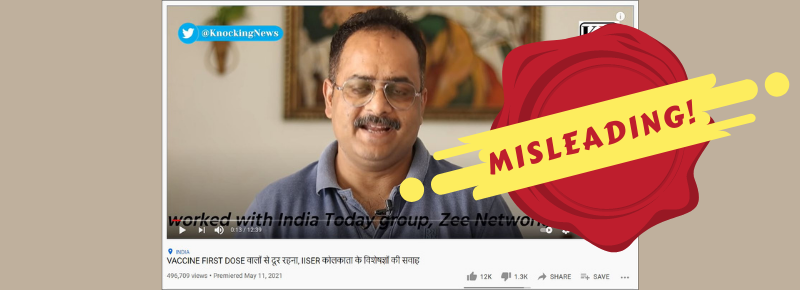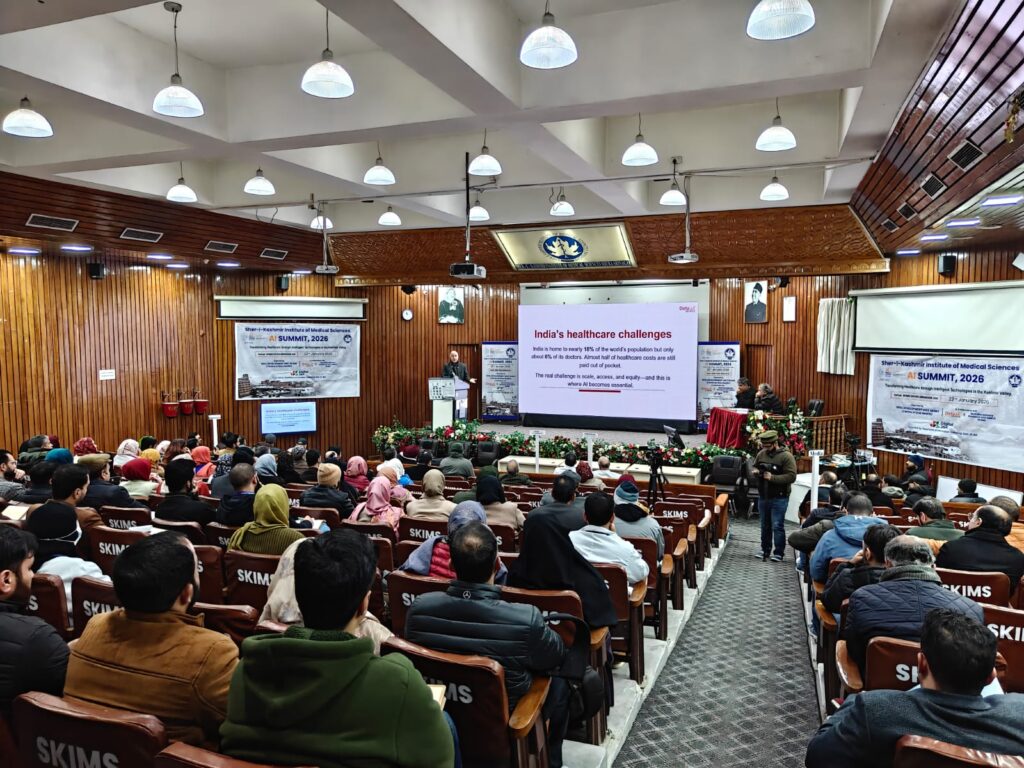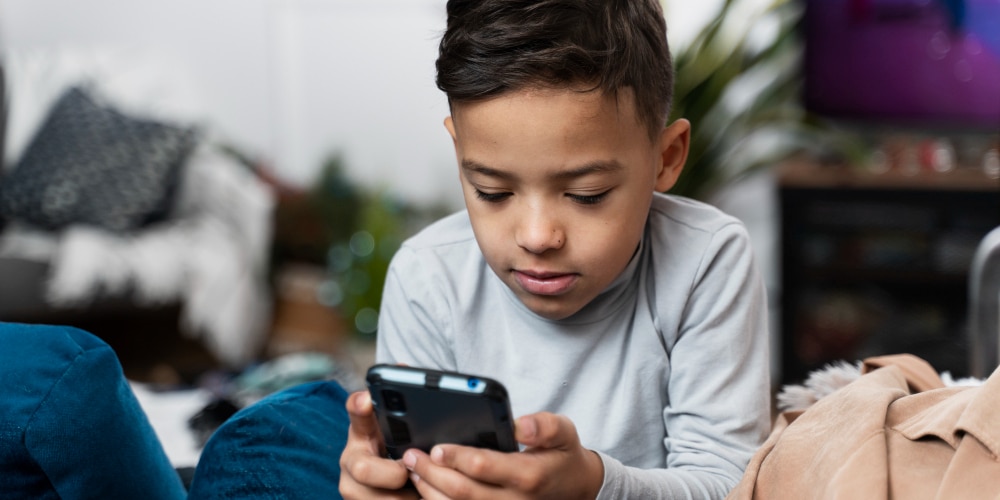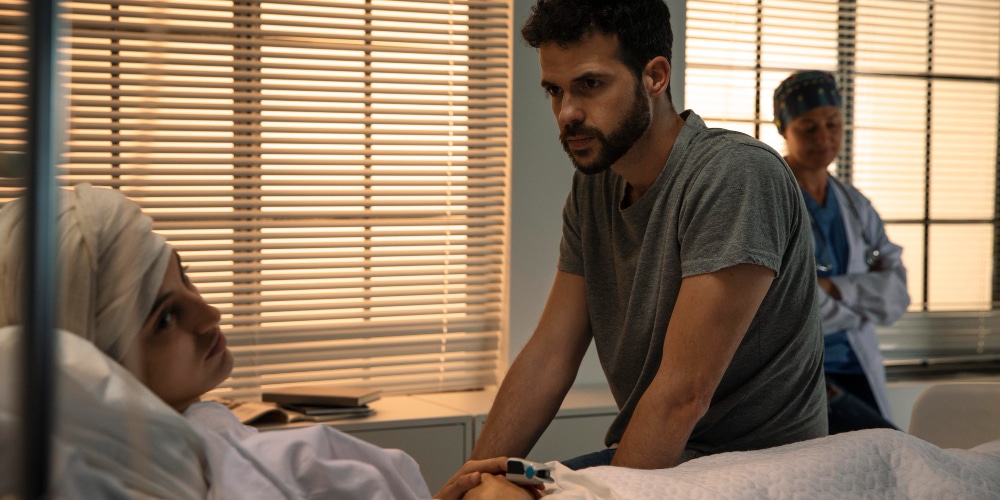No evidence to prove that people become ‘silent spreaders’ after first dose of COVID vaccine
Author
Author
- admin / 5 years

- 0
- 3 min read

Author
IISER Kolkata clarified that no such evidence has been found in any papers published by the institute.
By Pushpita Dey
A YouTube video, that has been gaining much traction, claims that according to latest research by the Indian Institutes of Science Education and Research (IISER) Kolkata, people who have got the first dose of COVID-19 vaccine are ‘silent spreaders’ of the disease. The video in Hindi urges people to stay away from those who have got their maiden COVID jab. It further claims that the virus transmitted through vaccinated people will have a more severe impact on those who are not vaccinated. The link to the video can be found here.
IISER Kolkata clarified that no such evidence was found in any papers published by the institute. A statement by one of the researchers has been misinterpreted, said Prof. Amitava Das, Dean of Research and Development, at IISER Kolkata, when contacted by First Check.
Amirul Islam Mallick, Associate Professor, IISER Kolkata, further added that his statement about the need to get both doses of the same vaccine within the recommended interval was taken out of context. “No such studies have been conducted at IISER Kolkata. The YouTube video has distorted a piece of news,” he said.
In a recent video interview with the World Health Organization (WHO), Dr. Katherine O’Brien, an epidemiologist and vaccinologist, had said, “After the first dose, we see a good immune response that kicks in within about two weeks. And it’s really the second dose that then boosts that immune response and we see immunity get even stronger after that second dose, again within a shorter period of time after the second dose.”
Although scientists expect vaccines that protect against viral illnesses to also reduce transmission of the virus after vaccination, in the current scenario, the jury is still out on whether people vaccinated against COVID-19 can spread the virus. However, that doesn’t justify claims about vaccinated people being ‘silent spreaders’ or promoting vaccine hesitancy.
“Once we get broad vaccination coverage in the community, when we know more about what the vaccine can actually do to prevent infection, and we can slowly start taking our foot off the pedal of these other interventions and make sure that the transmission, again, doesn’t start to escalate again,” Dr. Katherine had said in the interview.
It’s important to follow COVID protocol, such as wearing masks and maintaining distance, as well as getting vaccinated. Don’t get misled by false claims on social media.








